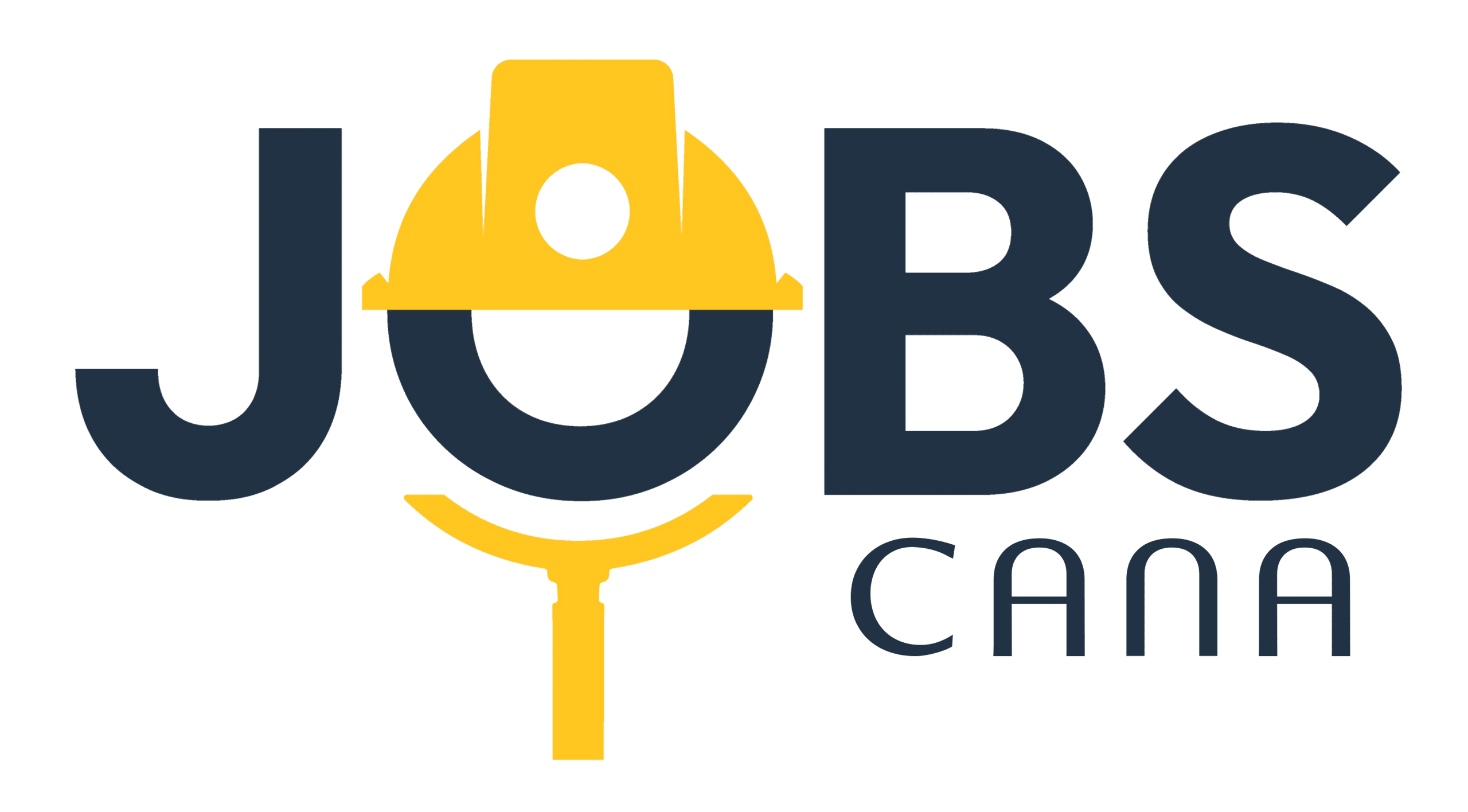Career advancement is a crucial aspect of professional life, aiming for continuous growth and seizing new opportunities. By setting clear goals and continuously learning, professionals can navigate their career paths more effectively. Additionally, building a strong network and seeking mentorship can provide the necessary support and guidance. Explore these strategies to advance your career rapidly.
Setting Clear Goals
One of the fundamental steps in career advancement is setting clear and achievable goals.
Define Specific Objectives
Clear goals should be specific, measurable, attainable, relevant, and time-bound (SMART). This clarity will provide you with a solid roadmap, enabling you to focus efforts where they matter the most.
Align with Long-Term Vision
Your short-term goals should align with your long-term vision. This ensures that every step you take propels you closer to your ultimate career objectives.
Track Progress
Regularly assessing your progress helps in making necessary adjustments to stay on track. Use tools like performance reviews, self-assessments, and feedback from mentors to gauge your advancement.
Stay Flexible
While sticking to your plan is crucial, flexibility allows you to adapt to new opportunities and challenges. Adjusting your goals in response to changes in your industry or personal growth can be a significant contributor to your career success.
Building a Strong Network

Fostering robust professional relationships is pivotal for Career Advancement. Start by attending industry events and being active on professional social networks like LinkedIn. Engaging with peers, joining relevant groups, and participating in discussions helps build your presence.
Networking is not just about adding contacts; it’s about forming meaningful connections. Offer assistance, share insightful content, and show genuine interest in others’ pursuits. Regularly reconnect with your network and avoid reaching out only when you need something.
Effective Networking
- Be genuine: Authentic interactions build trust and rapport.
- Follow up: A quick message after meetings solidifies connections.
- Give back: Introduce contacts to one another, creating opportunities for everyone.
Harnessing the power of a strong network can open doors to job opportunities, collaborations, and mentorship, ultimately propelling your career forward.
Continuous Learning and Skills Development
Continuous learning and skills development are crucial for anyone aiming for rapid professional growth. The job market constantly evolves, and staying updated with the latest trends and technologies is non-negotiable. Focus on acquiring new skills and refining existing ones.
Enroll in online courses, attend workshops, and participate in webinars to expand your knowledge.
Identify skill gaps
and proactively seek training to fill them. This could mean learning a new programming language, mastering a new software tool, or honing soft skills like communication and leadership.
Make use of platforms like Coursera, Udemy, and LinkedIn Learning to access vast resources at your fingertips. Join professional organizations and industry groups where regular training sessions and certifications are often available. Remember, self-education through books, podcasts, and articles can also significantly contribute to your skillset.
Additionally, don’t hesitate to start small projects or volunteer for assignments that challenge you to use new skills. This practical application can provide deeper insights and understanding, making you more valuable to employers.
Seeking Mentorship

Finding a mentor is crucial for your professional growth. A mentor can offer valuable insights, share their experience, and provide advice tailored to your specific career path. Mentorships can accelerate learning, helping you avoid common pitfalls and navigate the complexities of your industry.
Start by identifying potential mentors within your network, whether at your workplace, through professional groups, or alumni associations. Approach them with a clear plan, and be respectful of their time. Clearly communicate your career aspirations and how you believe their mentorship could be beneficial.
Regular meetings with your mentor can help you stay accountable and focused on your goals. These sessions can also provide opportunities for feedback, which is essential for growth. Additionally, mentors can offer connections and resources that may otherwise be inaccessible, opening doors to new opportunities.
Remember, mentorship should be a two-way street. Show gratitude and be willing to share value in return. This positive dynamic can lead to a mutually beneficial relationship that supports your professional journey.
Leveraging Opportunities for Visibility
Visibility is crucial for career advancement. To leverage opportunities for enhanced visibility, start by actively participating in team projects. Show your value through consistent input and high-quality work. Next, engage in public speaking at industry conferences or webinars. These platforms can drastically increase your exposure and position you as a thought leader.
Don’t forget about the power of social media. Regularly share your professional achievements and insights on platforms like LinkedIn. This not only enhances your visibility within your network but also attracts the attention of industry leaders. Furthermore, consider publishing articles or starting a blog on topics related to your field. This strategy helps in showcasing your expertise and can lead to more professional opportunities.
Finally, seek out cross-departmental collaborations within your organization. This not only broadens your visibility across different teams but also highlights your versatility and capability in handling diverse projects.


 Professional Growth: Unlock Secrets to Accelerate Your Career
Professional Growth: Unlock Secrets to Accelerate Your Career  Online Portfolio: Boost Your Career with a Stunning Showcase
Online Portfolio: Boost Your Career with a Stunning Showcase  Career Planning: Your Guide to a Successful Professional Path
Career Planning: Your Guide to a Successful Professional Path